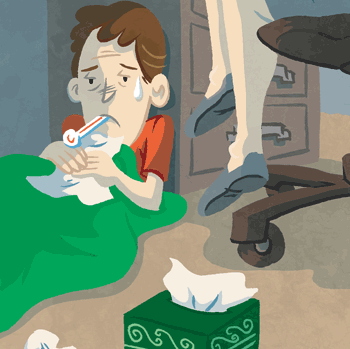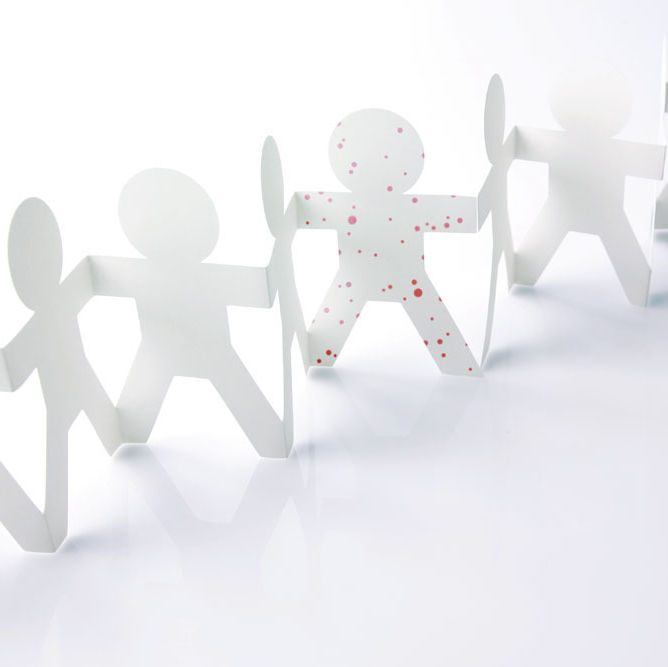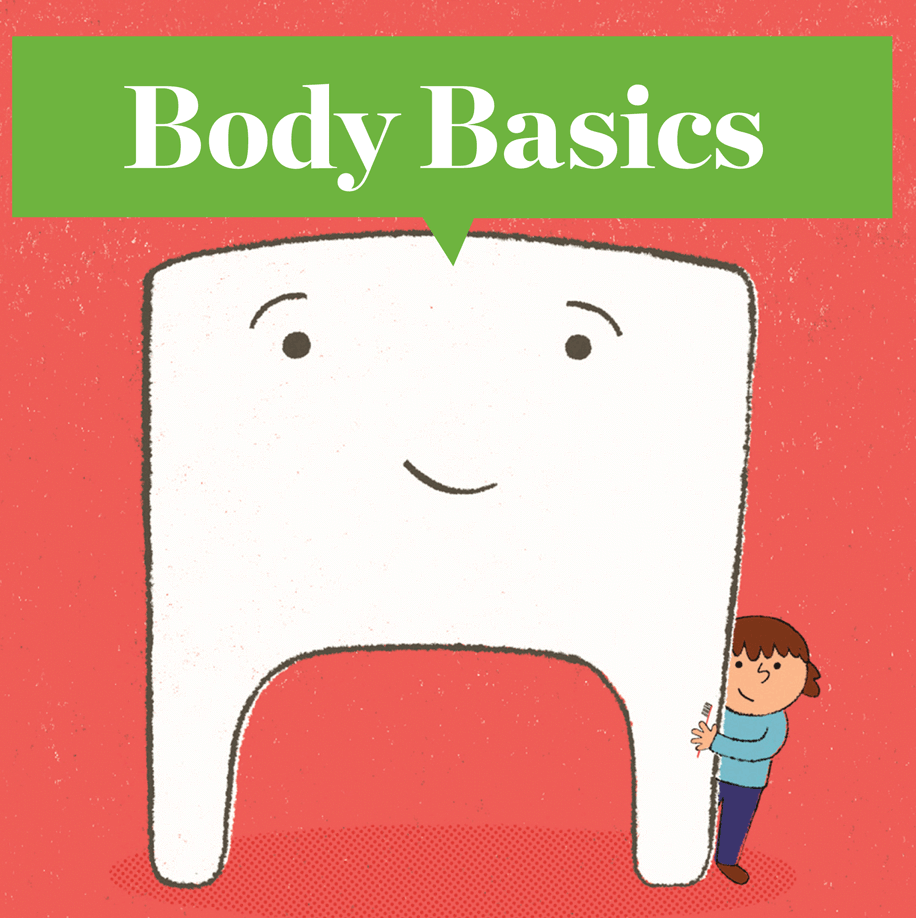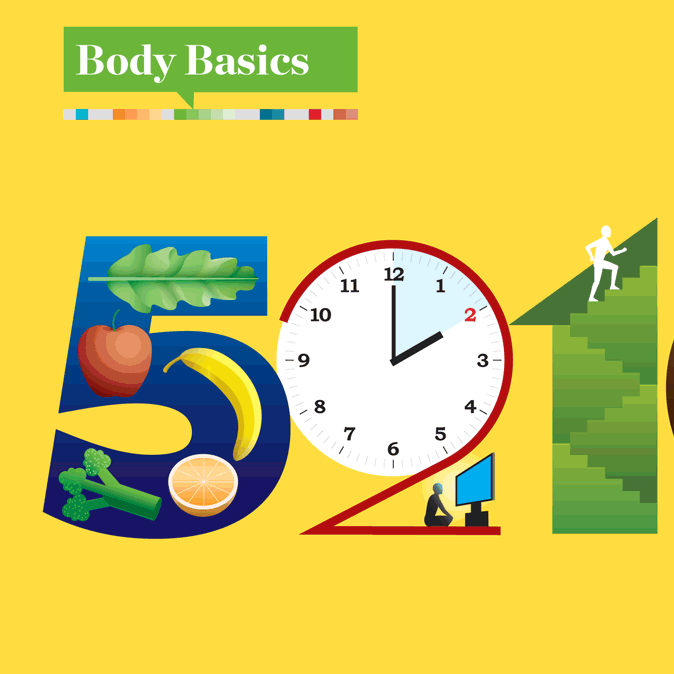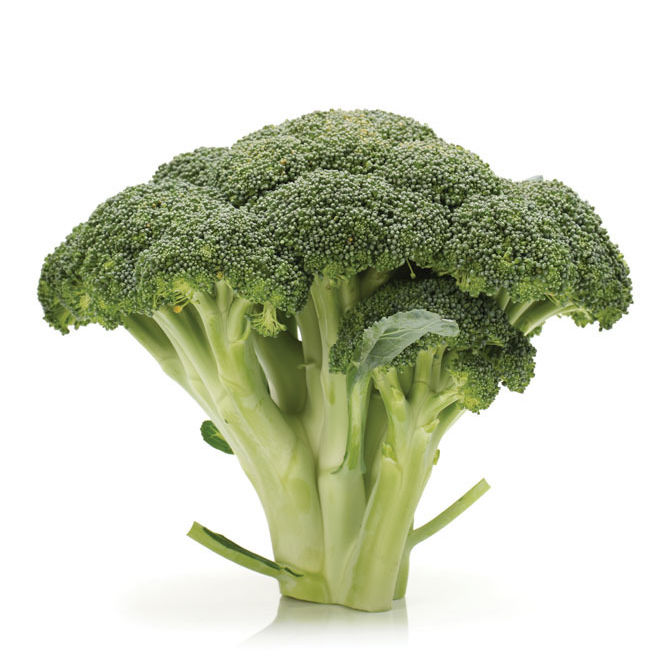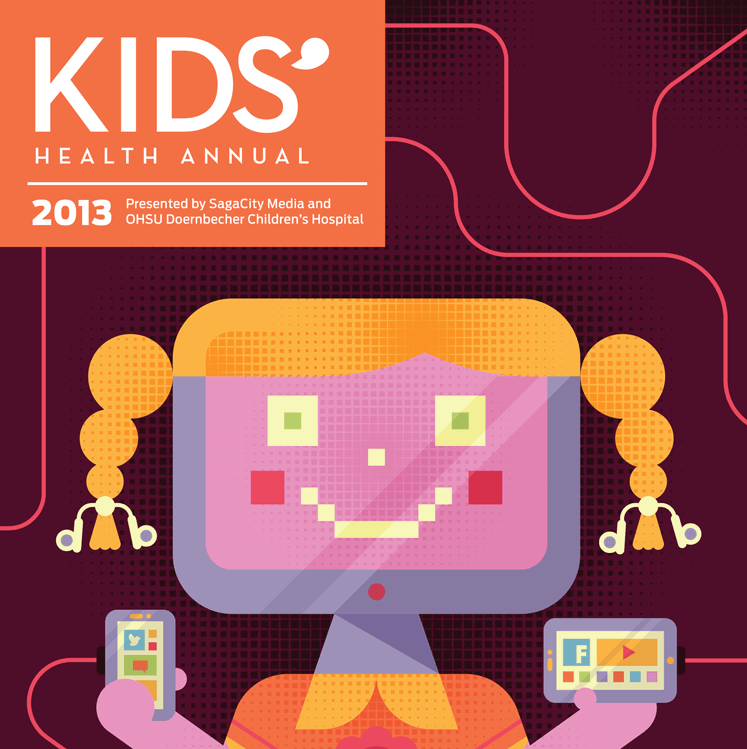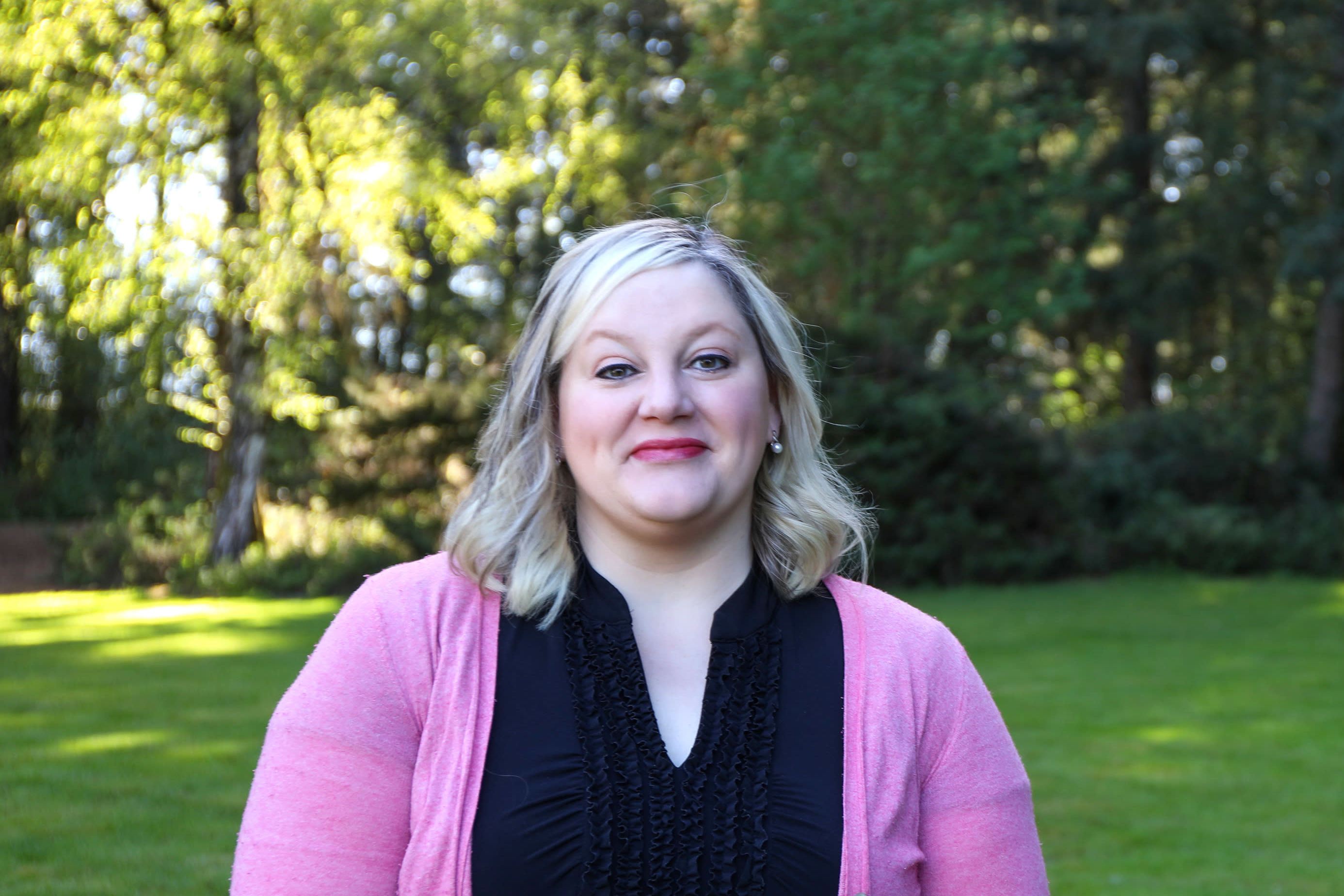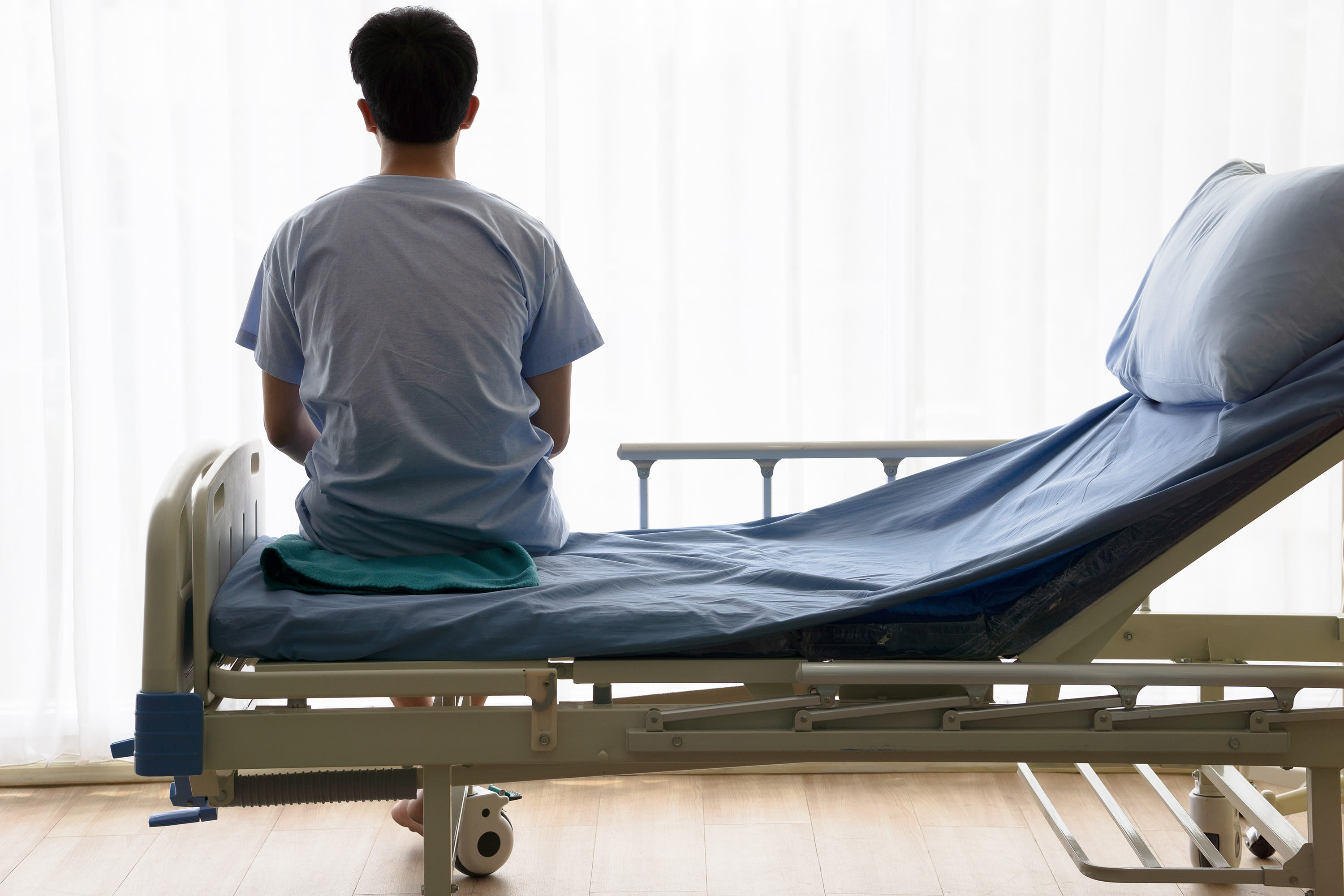What You Should Do if Your Kid Gets a Concussion
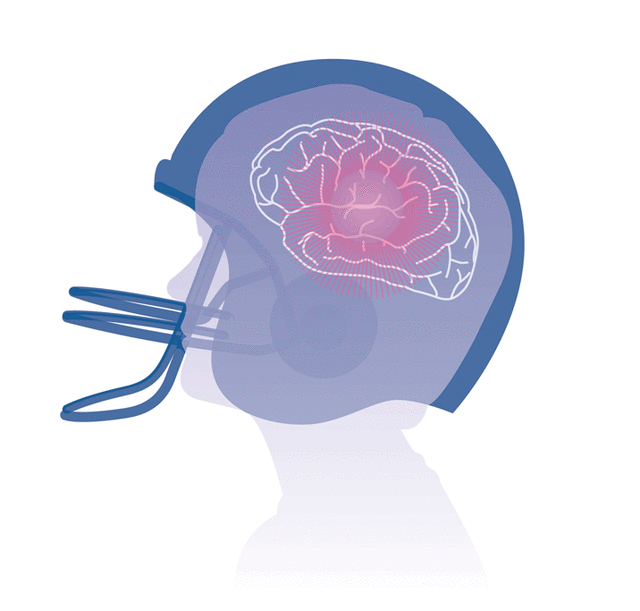
Image: Carolyn Richardson
Things that go bump in the night can scare your kids. But a hard enough bump on the head can cause a concussion, the most common brain injury.
Children are more vulnerable to concussions than adults, says Lissa Baird, a pediatric neurosurgeon at OHSU Doernbecher Children’s Hospital. Their heads are larger relative to their bodies, so when kids fall they tend to land on their heads. Their weaker necks also make them less able to support and protect their heads. Babies and young children have soft skulls that transmit impact to the brain more readily than harder noggins.
“Symptoms of concussion fall into four basic categories: thinking and remembering, emotional, sleep, and physical symptoms,” says Dr. Baird. After a concussion, a child might have trouble thinking clearly, remembering things, or concentrating, or might act cranky, anxious, or hyper. Your child might sleep more or less than normal or have trouble going to sleep. Physical symptoms can include headaches, vomiting, dizziness, balance problems, lack of energy, and sensitivity to light or noise.
Physical and mental rest is the most important part of recovery. Babies should rest and sleep as much as possible. For toddlers, avoid rough play and stimulation from loud music and TV. School-age children should take time off school, including homework. They should also avoid texting, TV, video games, and loud music. “Anything that requires concentration should be off limits while the brain is healing,” says Dr. Baird. When your child goes back to school, tell teachers he or she might need extra help for a while.
To avoid another head injury, children and teens should avoid sports, recess games, PE, and vigorous play until cleared by a doctor. “Kids are more vulnerable to another injury if the brain is still healing,” says Dr. Baird. Healing can take time, but with rest and care, most kids make a full recovery.
If your child experiences a concussion,
talk with your pediatrician immediately or call 503-346-0640.
